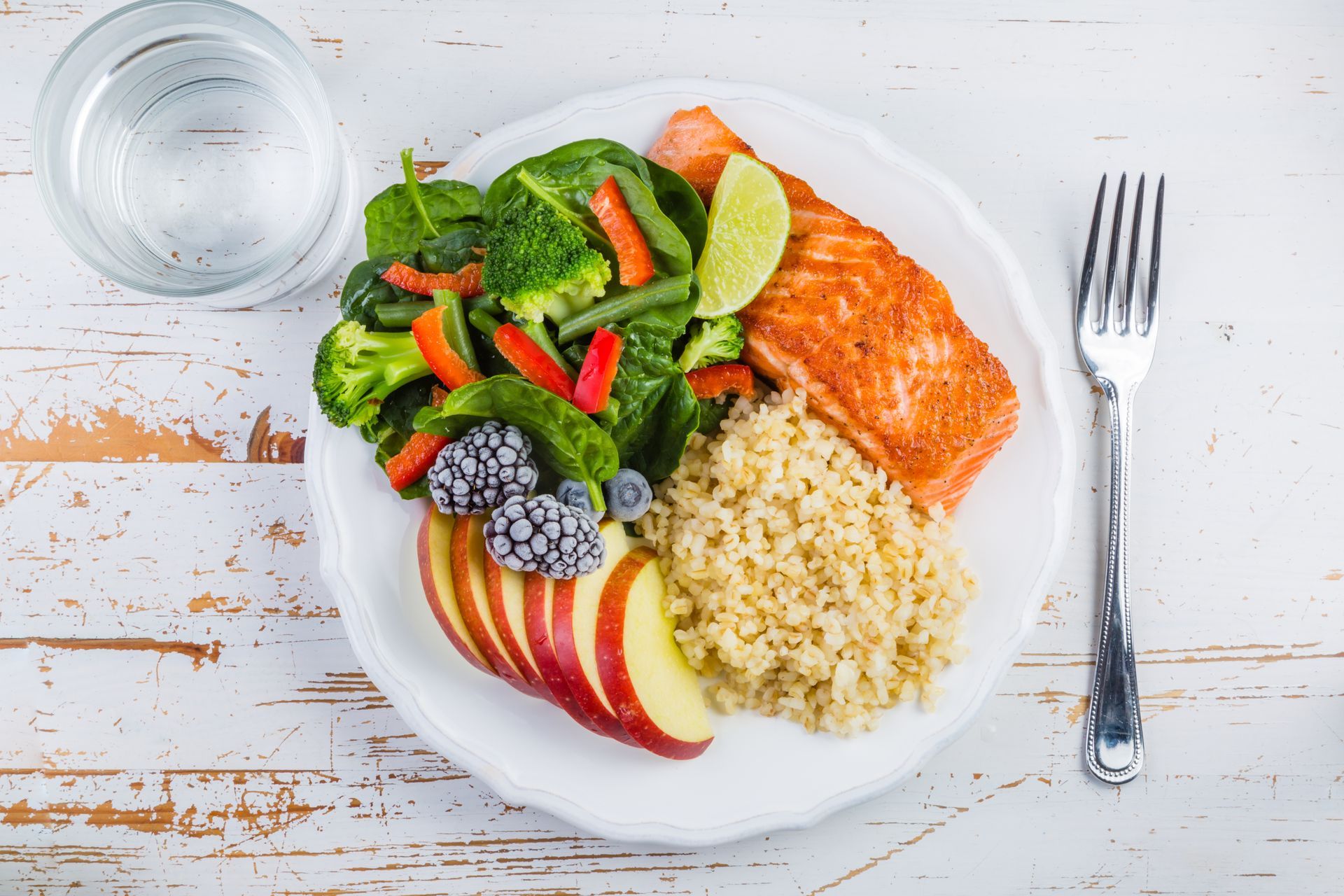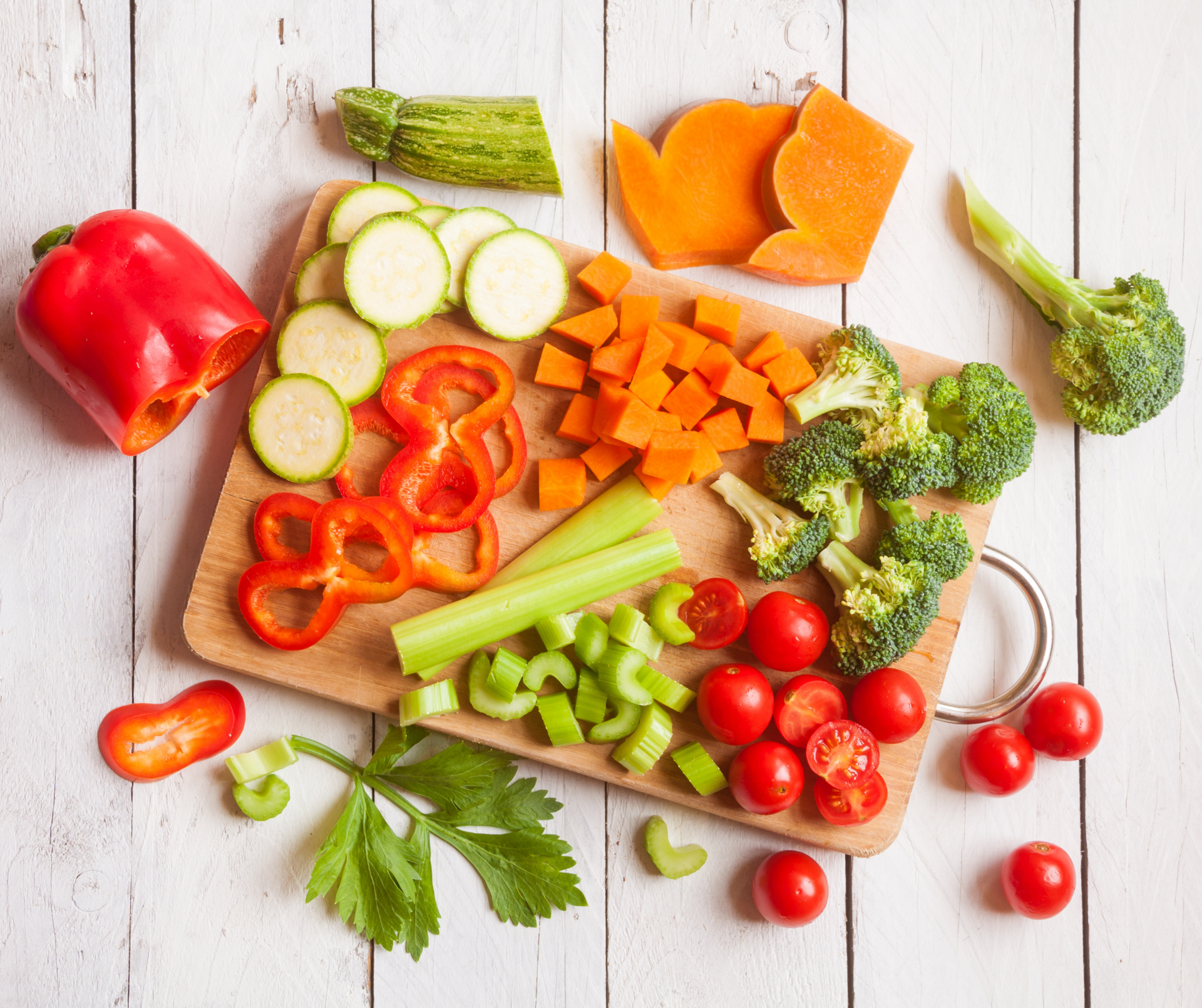Combating the Health Risks from Ultra-Processed Foods: Eat Clean
Combating the Health Risks from Ultra-Processed Foods: Eat Clean

Ultra-processed foods (UPFs) have become a significant part of the modern diet in the United States. These foods, characterized by their high content of additives, preservatives, sweeteners, and artificial flavors, are typically ready-to-eat and require minimal preparation. Recent research has increasingly linked the consumption of UPFs with a range of adverse health outcomes, shedding light on the potential dangers they pose to public health.
Defining Ultra-Processed Foods
UPFs are distinguished from minimally processed or whole foods by their industrial formulations, which often involve multiple ingredients not commonly used in home cooking. Examples include sugary drinks, packaged snacks, ready meals, and reconstituted meat products. These items are typically energy-dense and nutrient-poor, making them appealing yet nutritionally inadequate choices.
Key Findings from Recent Studies
- Increased Risk of Chronic Diseases: A growing body of evidence indicates a strong correlation between high UPF consumption and an increased risk of chronic diseases. A study published in the journal BMJ in 2022 followed over 100,000 participants and found that those with the highest intake of UPFs had a significantly higher risk of developing cardiovascular diseases, including heart attack and stroke. The researchers attributed this to the high levels of sugar, unhealthy fats, and sodium commonly found in UPFs, which can contribute to high blood pressure, high cholesterol and weight gain.
- Impact on Mental Health: Another important area of concern is the impact of UPFs on mental health. A study from the American Journal of Clinical Nutrition in 2023 found that individuals consuming higher quantities of UPFs had a greater likelihood of experiencing symptoms of depression and anxiety. This study suggested that the low nutritional quality of these foods might negatively affect brain function and mood regulation, potentially due to inflammatory responses triggered by artificial additives and low fiber content.
- Cancer Risk: A 2023 study in JAMA Oncology explored the association between UPFs and cancer risk. The findings indicated that high intake of UPFs was linked to an increased risk of overall cancer, particularly breast and colorectal cancers. The study's authors pointed to the presence of cancer-causing contaminants formed during processing and the lack of protective nutrients in these foods as possible explanations for the increased risk.
Tips to Reduce Ultra-Processed Foods
Reducing ultra-processed foods from your diet involves making conscious and informed choices towards more natural and whole foods.
· Start by incorporating more fresh fruits, vegetables, whole grains, lean proteins, and healthy fats into your meals.
· Plan your meals and snacks ahead of time to avoid the temptation of convenient but unhealthy options.
· Read food labels carefully to identify and avoid products with long ingredient lists, especially those containing additives, preservatives, and artificial ingredients.
· Cooking at home more often allows you to control what goes into your food, ensuring it’s free from unnecessary additives.
· Gradually replace sugary drinks and packaged snacks with healthier alternatives like water, herbal teas, nuts, and fresh fruits to help you transition towards a cleaner, more nutritious diet.
Conclusion
The research underscores the need for a shift in dietary patterns away from ultra-processed foods towards more wholesome, nutrient-dense options. While UPFs offer convenience and taste appeal, their long-term impact on health cannot be ignored. By making informed food choices, we can mitigate the risks and promote a healthier future.











